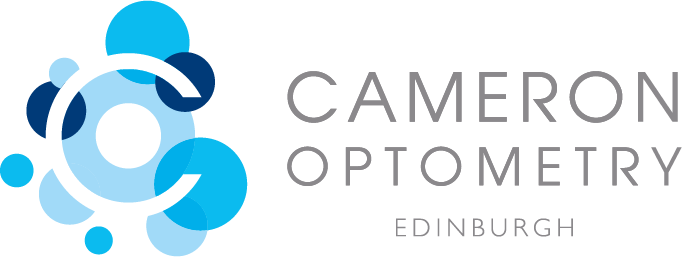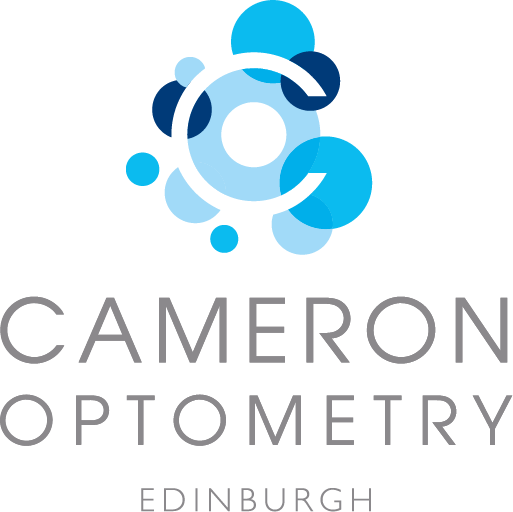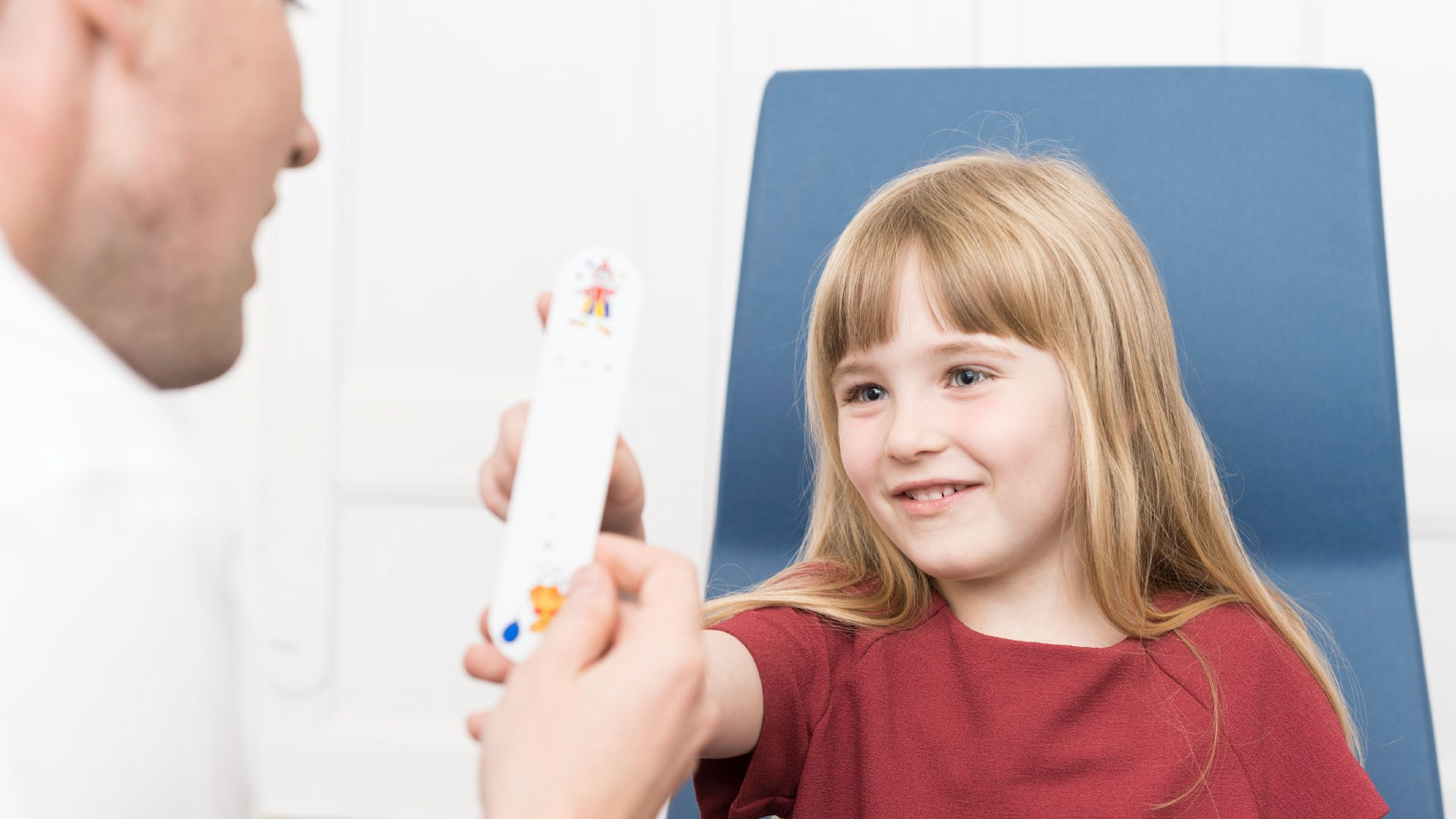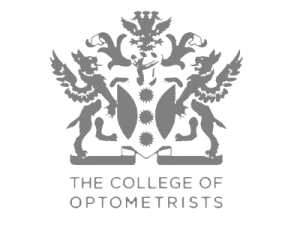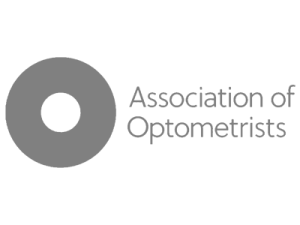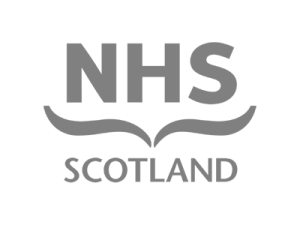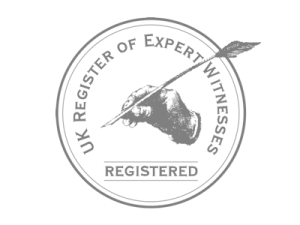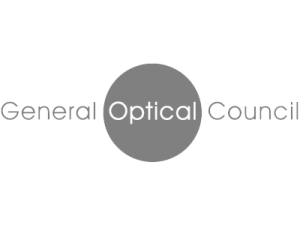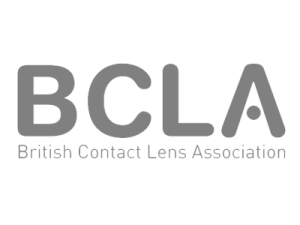Eyesight is not often given a lot of space in parenting manuals and, unless there is something really obviously wrong, a lot of issues may understandably go unnoticed. We have written a guide on the stages of eye development, most importantly what to look out for and when to visit an optometrist. The practice provides the most comprehensive eye examinations completely free of charge for all children from birth. As with every stage of development, children reach milestones at different ages and this is only a guide.
Newborn to 12 months
Newborns are only able to differentiate between light and dark, but by the time they are around a month old large shapes and bright colours begin to attract their attention, often more so than faces. At around three months, they will start to focus and follow objects and you should notice their eyes starting to work together. From six months, they will start to learn depth perception, how far an object is away from them, and they will use this newfound skill to pull themselves up on objects.
! Watch out for significant delays in tracking or locating objects, as well as eyes not working together. Pupils appearing white is also a warning sign of a serious condition so shouldn’t be ignored.
Toddler and pre-school years
This is when children should be developing their fine motor skills – being able to play with age-appropriate toys like stacking toys and simple puzzles. They may also be able to recognise pictures and begin to identify shapes and colours.
! Watch out for any issues controlling movements e.g. hands and fingers. All children should have their eyes examined by an optometrist from their pre-school year, however little ones can go to the optometrist from birth if you have any concerns.
Pre-school and early primary years
This stage is about continuing to successfully feed information to the brain, which might include starting to read, following words across the page. It is also when depth perception is further developed, which is evident when playing catch for instance, as well as being able to navigate around objects such as furniture when running around.
! Watch out for any signs of misaligned eyes (cross eyes, a squint or a ‘lazy’ eye) as this needs to be rectified while the eyes are still developing.
Middle primary school
This is when issues with reading may become apparent and in some instances your optometrist may be able to help. If your child is a reluctant reader, finds reading uncomfortable and/or struggles to follow text, they may well benefit from seeing a vision therapist to help them better connect the brain and the eyes. Many children start life longsighted, and possibly with slight astigmatism. Most grow out of this with their eyes settling around seven or eight years old. Glasses may be prescribed to manage and hopefully reverse any issues.
! Watch out for any issues learning at school that might be a sign there are issues with their vision e.g. reading, writing and recognising numbers.
Nine years+
The most common eye issues at this age are long and shortsightedness.
Longsight (hyperopia): In some cases your child’s vision won’t improve and they will continue to wear glasses to correct their longsight. Children of this age manage well with contact lenses so these would be worth exploring if they are reluctant to wear glasses, or play sports which makes wearing glasses difficult.
Shortsight (myopia):This is more of a concern as it needs to be managed in a specific way. If children are prescribed with standard glasses, their shortsightedness will often decline, meaning when they reach adulthood their eyesight is poor and the chance of them developing serious eye conditions increases significantly. Specialist contact lenses and glasses lenses slow the progression to make every effort to ensure this doesn’t happen, this is called Myopia Management – you can find out more about it at cameronoptom.com/myopia.
! Watch out for a change in your child’s vision, perhaps sitting closer to the TV, struggling to read the board at school, complaining of headaches, screwing up their eyes to see something.
If you have any concerns about your child’s vision, or they are due their annual eye examination, please book them in.
Call us on 0131 225 2235
